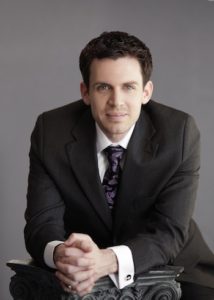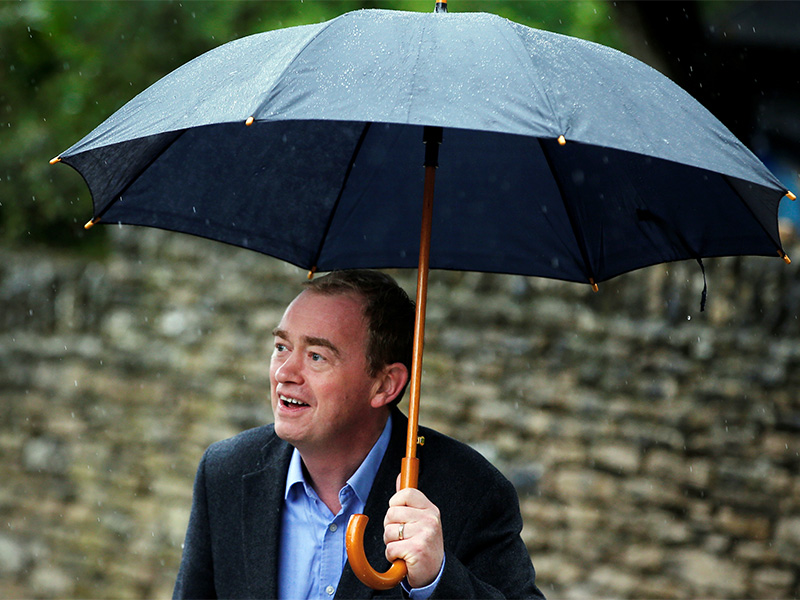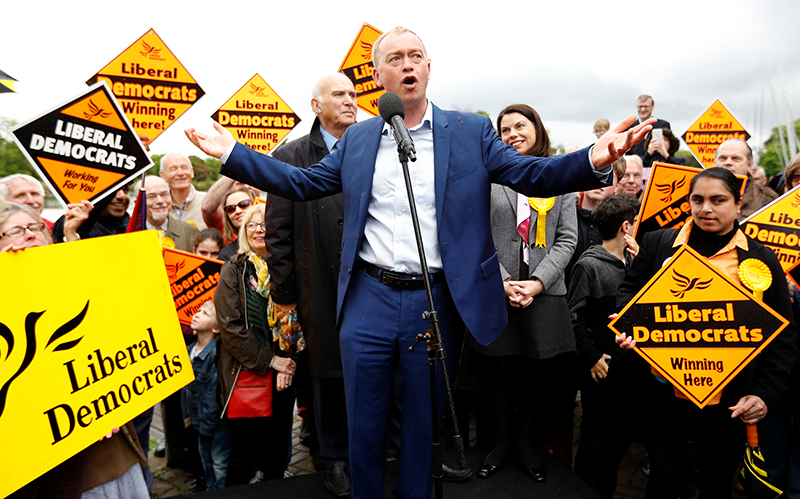I am a writer. As such, I do a lot more than just writing this particular blog. I operate an extensive website I've told you about frequently--< www.SocialTheology.com >--as well as another blog--
< ChristianMuslimWorld >--. Sometimes they overlap such as when I decide a certain article, either my own or a guest article, is suitable for the other vehicle as well. In all of them I occasionally share articles with you about the gradual pushing Christianity out of the way here in Canada, but also in other countries. In some countries it is another religion that persecutes Christians. This is true especially in Muslim and Communist countries, but also happens in Buddhist and Hindu nations.
It also happens in Western countries, including Canada. However, in the West, it is often under the radar so that most people do not notice. Hence they often feel that talking about persecution of Christians in Western countries is a matter of paranoia, a distorted imagination. I plan to exposing this dangerous tendency by giving it more coverage to show you it's not just paranoia or imagination. It happens. It's true. But usually it is done in such small steps and in such hidden ways that people either not notice or just shrug their shoulders as a non-issue that is blown all out of proportion.
And true enough, in many cases these are small issues that by themselves are not all that significant. However, when you pay attention and put them all in a row you have to come to the conclusion that there is definitely a tendency, an important tendency in Canada, for example, of slowly putting tiny screws on what on the surface look like minor issues.
And while in two paragraphs back I point to other religions plus Communism as the perpetrators, here in Canada it is mainly the people with secular or liberal agendas who are behind it all. Note that I refer to"liberal," not to"Liberal" as in the Liberal Party, though that Party has its share of supporters for this movement. But it's not only those with such an agenda, there are also kind people among them whose secular or liberal definition of religion blinds them to its real nature. So, when anti-Christian measures come on the table, they don't even recognize them to be anti-Christian in however minute shape.
Today I treat you to an interview published by Lighthouse News, an online news source operated by ARPA--Association for Reformed Political Action, "Reformed" being another term for "Calvinistic," not the former Reform Party. It is also close to Presbyterianism, but that's for another time. You will profit the most from this interview if you also pursue the links in the document.
DISRUPTING CHURCH SERVICES

As we told you a few months ago on Lighthouse News, the federal government is making a move to eliminate so-called “zombie laws”. These are essentially old laws which are no longer in effect. The most common reason for their obsolescence is that they’ve been struck down by the court. While those laws are technically still on the books, they have become unenforceable, so they need to be removed to reflect that reality. But earlier this month, the federal Liberals introduced a second bill to eliminate some other old laws, and one of those eliminations could have an impact on every single pastor, and every single church, mosque, synagogue, or Sikh temple in the country. This is a completely separate bill from the one we discussed back in March. On the feature today, ARPA’s Law and Policy Director, André Schutten, on what the government is doing with this latest bill.
LN: Andre, let’s start with some background on the difference between these two bills.
AS: So they have a zombie law [Bill C-39] already and that one targets all these old Criminal Code provisions that were ruled unconstitutional, right? And so, I’m not really sure what the government’s up to. It might be that they’re trying to pass other stuff through this one and they use that description as cover. So C-39, which is also that – unconstitutional provisions, right – it’s “An Act to amend the Criminal Code (unconstitutional provisions) and to make consequential amendments to other Acts” from the Minister of Justice. So that one is the zombie law one. So I don’t know what else they’re trying to do with C-51, but I imagine that what they’re trying to do is they’ve got this cover going on, and they’re saying “Look! All we’re doing is cleaning up the Code again, and we’re just taking care of anything that’s probably unconstitutional.” But what they’re doing with that is they’re also taking out sections that aren’t unconstitutional; that are actually good sections (but) they just don’t feel like debating them.
LN: And that brings us to the central issue here. Right now, the Criminal Code says you can’t harass or assault a clergyman or minister in connection with him performing his duties, on the way to or from a worship service for example. And… you can’t disturb or interrupt a worship service while it’s underway. That is specifically addressed in the Criminal Code. But section 14 of the new zombie law, Bill C-51, specifically moves to eliminate that part of the Criminal Code.
AS: Yeah, so this one clause – Clause 14 – is key to that. Clause 14 is the one that removes protections for worship services. Whether that’s Christian worship services or Islamic or Jewish or Hindu or Sikh worship services; it’s written very broadly and says that anyone who disrupts these worship services is “guilty of a criminal offence.” And that’s a good provision to have, and yet they’re removing it, for no apparent good reason anyway.
LN: ‘I’m looking at that clause and I looked at it initially and I went: “Wow. This is really big.” And then I got to thinking about it and in the government’s defense – and I’m not defending the government, but just to play devil’s advocate for a minute – what’s the last time this provision was ever used? I mean, this is an ancient law that said you’re not allowed to disrupt a church service. Could the argument be made that being a multicultural, pluralistic society, church services aren’t special enough to require a specific clause in the Criminal Code to protect the conduct there?
AS: So, in reviewing some of the transcripts from the House of Commons on debate on this, Mr. Tom Kmiec – he’s a Member of Parliament from Alberta – he pointed out that this section has actually just been used a couple of weeks ago right here in Ottawa, where somebody has been charged under this provision. So in that sense, it is still a “live” section of the Criminal Code; it is being used.
And I think what’s driving the desire to remove this section from the Criminal Code is an attitude that a religious service is no different than a university lecture for example. And why should we give special protection to religious ceremonies if we don’t give it to, you know, a university lecture? And you can imagine, right, it’s been in the news; professor Jordan Peterson for example tried to give a lecture at McMaster University, the University of Toronto, (and) elsewhere, (and) he gets shouted down by protestors, right?
And so some people might say, “Well why – if we’re not gonna give criminal law protection to Jordan Peterson to give his lecture – why would we give it to a minister to give his sermon?” And I’d say that fundamentally the two are very, very different. A university lecture is one thing, but a religious service is something at a much different level. It’s something much more profound going on. And whether you’re Christian or not, I would say that protection ought to be there for a Muslim service – like a prayer service as a mosque – or it should be there for a Jewish service at a synagogue, or at a Christian service at a church. And I think that the government should not be afraid that this section is in any way unconstitutional; it certainly never has been ruled unconstitutional. So we should keep it.
And we need it in today’s society. Again, thinking of the Jordan Petersons of this country that get shouted down (while) giving a lecture, it’s not that hard to imagine that we might one day see people disrupting – in big ways – Christian services where orthodox teaching is being preached from the pulpit.
LN: Is this a fundamental shift in Canadian society? I mean, here we have on the one hand a government that pushes through (Bill) C-16, (that) says you have to use whatever pronouns somebody says they want to be described as, and on the other hand they’re removing this historical context of protection for religious services. It seems to me that there’s a fundamental reshaping of society going on here.
AS: Yeah, I think so. Absolutely. It seems to me there’s this fear of our Christian heritage. There’s this fear of our Christian past. And while I would say it’s absolutely true that the history of this particular section does have to do with Christianity and the Christian faith and protecting church services, that doesn’t mean that it has no value today. Even though we are definitely not a Christian nation anymore, we definitely should be protecting (the) Christian faith but also, again, other faiths should be protected in this respect as well.
And the counter-argument might be made that “Well, you know, we took out those sections but don’t worry; there’s still a section about criminal trespass,” right? So people can be charged under criminal trespass. But that, again, shows a total ignorance of what a worship service is. Now I can’t speak for the Jewish faith or the Muslim faith or the Sikh faith, but certainly for the Christian faith, our worship services are public events. It’s a public worship service. So, you know, we can’t exactly criminally charge protestors who come to a church service if we’re so public about our worship. Our worship is open to the public; we want other people to be able to come. They’re welcome in our church buildings. We want them to hear the Gospel. We want them to get to know Jesus Christ. But yeah, if they’re going to be disruptive and so on then we want to be able to also have the criminal law protection to make sure that that doesn’t happen. So we see ignorance of the Christian faith here, we see the ignorance of our history here. We see ignorance of the possible risks to not just the Christian faith but to all faiths with the approach being taken here. And I think that’s problematic all around.
LN: Is there anything we can do stop C-51? I mean, how do you mount a legal challenge on something that takes something away? It’s kind of a complicated piece.
AS: Indeed. We can’t exactly make a claim that – I don’t think – that we have a constitutional right to this provision. At the same time, we can make the argument that there is no constitutional reason to remove this provision. And so, certainly we are going to apply to the Standing Committee on Justice and Human Rights – that’s where this bill is now – so that’s the Committee stage in the House of Commons, and we’re going to lobby to get that Clause 14 removed. We haven’t looked at the rest of the bill yet, so there might be good parts in the rest of the bill, I’m not going to condemn the entire bill, but this one clause – clause 14, which removes protection for our pastors and our worship services – definitely has to be cut out of that bill. https://arpacanada.ca/lighthouse-news/disrupting-church-services/#lhn-article-7442





